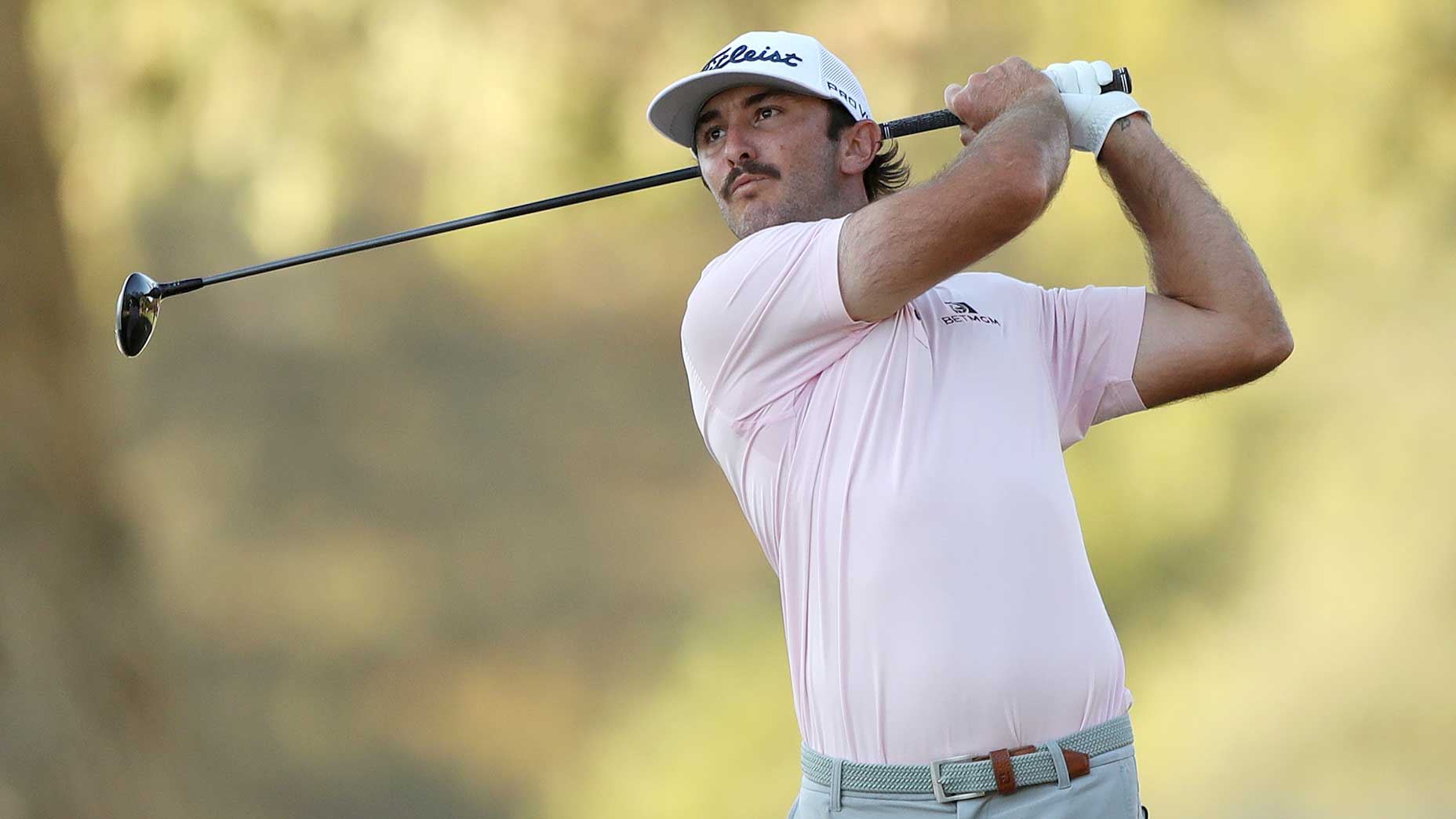
The new seventh green is being built on a point of land that wasn’t available to Donald Ross. (Jason Lusk/Golfweek)
Straka is, however, deviating from the original Ross design in one big way. He replaced an existing par 3 on the front nine with a new seventh hole that plays to an incredible dollop of land that extends into the Intracoastal Waterway, creating a dramatic one-shotter that plays downhill across saltwater. The land where the green sits was not available to Ross, but a spring house had been constructed alongside the water decades ago, and the point of land built up over time. The club didn’t own this nugget sticking out into the Intracoastal, but a long-term lease was arranged with local authorities that allowed Straka access to the new green site, which has been reinforced with bulkheads.
There’s no telling if Ross would have built such a green if the land had been available to him, but there’s zero doubt it will be one of the prettiest waterside holes in Florida.
“It’s interesting because if anybody was to have a criticism while we’re trying to do a true restoration, it’s that we added a new hole and we took out what we deemed as one of the weakest holes on the golf course,” Straka said. “Yes, but then you look at the setting and what the hole is going to become, and those are tough decisions to make. But for any golfer who goes now and looks at that green, you’d say, ‘Why wouldn’t you do that?’
“But even then, that style has to match everything else. That’s why we included the cop mounding, or inverted bunkers if you will. We added those to that hole so when you’re looking out at the landscape, it flows from one hole to the next hole and even into the new hole. That parcel of land, when he built this course, wasn’t even a parcel of land. … Ross didn’t even have the opportunity to do anything with it. Would he do it or not? That’s a guess.”

No. 6 at Belleair, with a graphic of how the hole will look with the new seventh green beyond when finished (top), and an aerial photo of No. 6 from before the restoration (Courtesy of Belleair)
There’s frequent debate in golf involving renovations, where new holes and features are introduced to a course, versus restorations in which the original designer’s ideas are more closely followed. There’s a wide range of gray area between the two. Is the new hole at Belleair, as stunning as it will be, enough to push this away from a restoration project and closer to a renovation? And does it even really matter?
“Every architect and every writer, I think, defines it differently,” Straka said. “If you’re talking about doing a restoration, with Belleair as an example, are you restoring it back to 1915? Is it back to 1924 (before the 1925 reopening)? Is it later than that? For us, we’re trying to return it to some semblance to 1924 because Donald Ross made changes for specific reasons. …
“Almost every architect likes to fiddle with a course or make improvements. If you think you’ve got it almost exactly right, 100 percent the first time, you’re fooling yourself. Even here, he came out and looked at how the golf course ebbed and flowed and changed nearly 10 years (after his first work at Belleair), and he said, listen, there are things I want to change. And he did. For us, we’re restoring it back to the 1924 period. We’re putting back as many features as we can possibly find and uncover, just trying to bring that essence back.”
Ross would likely approve, and just as importantly, the members of Belleair certainly will.








